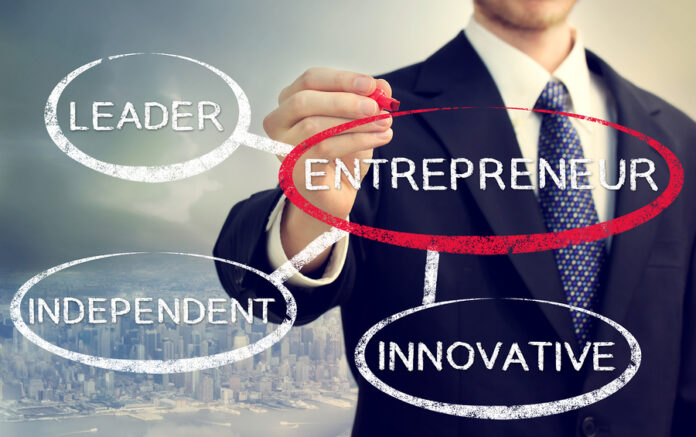Enterprise Issues
With Siaka Momoh
Wikipedia defines an entrepreneur as a person who undertakes and operates a new enterprise or venture and assumes some accountability for the inherent risks. It states that in the context of the creation of for-profit enterprises, the entrepreneur is often synonymous with founder. It goes on to state that most commonly, the term entrepreneur applies to someone who establishes a new entity to offer a new or existing product or service into a new or existing market, whether for a profit or not-for-profit outcome.
It adds that business entrepreneurs often have strong beliefs about a market opportunity and are willing to accept a high level of personal, professional or financial risk to pursue that opportunity.
As regards the role of entrepreneur in an organization, Wikipedia states “An entrepreneur is someone who organizes a system. He is the person who creates and/or sells a product or service in order to gain profit. However, there is a general sense that entrepreneurship involves the establishment of a new venture while adopting some of the risk and being ready for failure.
Tom Glaser writing for St Petersburg Times in March 29 2001 cited the story of a young man who was born in Bavaria in 1829 but immigrated with his family to New York. The story tells, succinctly, what the entrepreneur is. I have therefore thought it wise to share it with you today.
Hear Tom Glaser: Who is an entrepreneur? One example was a young man who was born in Bavaria in 1829 and immigrated in 1847 with his family to New York City, where his older brother opened a dry goods store (a store selling clothes, shoes, hats, almost anything but food). In 1853, he became a U.S. citizen and sailed to San Francisco to open a branch of his brother’s store and become a supplier to the increasing number of miners following the discovery of gold at Sutter’s Mill.
He was a good businessman and his store thrived. He was so trustworthy and successful that one of his customers, Jacob Davis of Reno, Nevada, came to him with an idea. Davis was a tailor, and his customers complained that their pants started to come apart in the same places over and over, the pockets and seams. He had developed a way to rivet these stress points and used a strong fabric often used for work clothes, serge. He thought it was a good idea but lacked the $68 it took to file a patent. The San Francisco merchant saw the possibilities and became Davis’ partner, and their patent was granted on May 20, 1873.
The merchant had been born Loeb Strauss, but when he became a citizen in 1853, he changed it to Levi. Similarly, the pants he made were originally called “waist overalls,” and it was not until about 1960 that they were popularly called jeans. Even though much of the company’s early history was destroyed in the 1906 San Francisco Fire, May 20 is still celebrated by the company as the birthday of blue jeans.
‘Often the entrepreneur is not the person or persons who actually create the new good or service. Rather, he or she is the one who has the vision of how that idea can be turned into reality for the benefit of everyone.’
Often the entrepreneur is not the person or persons who actually create the new good or service. Rather, he or she is the one who has the vision of how that idea can be turned into reality for the benefit of everyone. For example, Oliver Winchester was a successful shirt maker, but he bought the patents for the Henry lever-action repeating rifle. His faith in this invention, along with his efforts in marketing it, made it the most widely known rifle of its day and earned it the nickname of “The Gun That Won the West.”
Does this mean that entrepreneurs aren’t creative? Not at all! Quite the opposite, but theirs is a different kind of creativity. Often an inventor, an artist, a composer, a writer will know his or her area of interest but not know how to make others aware of their creations.
The entrepreneur’s creativity finds ways for the ideas to enter the marketplace and be of benefit to all of society. Incidentally, entrepreneurs also reward those who came up with the new ideas in the first place, which encourages them to make more and better creations. People are much more likely to be creative and productive when they are promised a reward than when they are threatened with punishment if they don’t create. This promise of a reward is called incentive, and incentives are possible only when there is profit.
The entrepreneur makes sure this situation happens, because when the others profit, so does the entrepreneur. He or she is no different from other members of society: The entrepreneur wants a comfortable life, and he or she realizes that the best way to do this is to get the cooperation of others. That is achieved by appealing to what motivates others, because people tend to do what’s in their best interest. In a free market, no one can be forced to do anything against their interest, so the entrepreneur must motivate and organize for everyone’s benefit.



